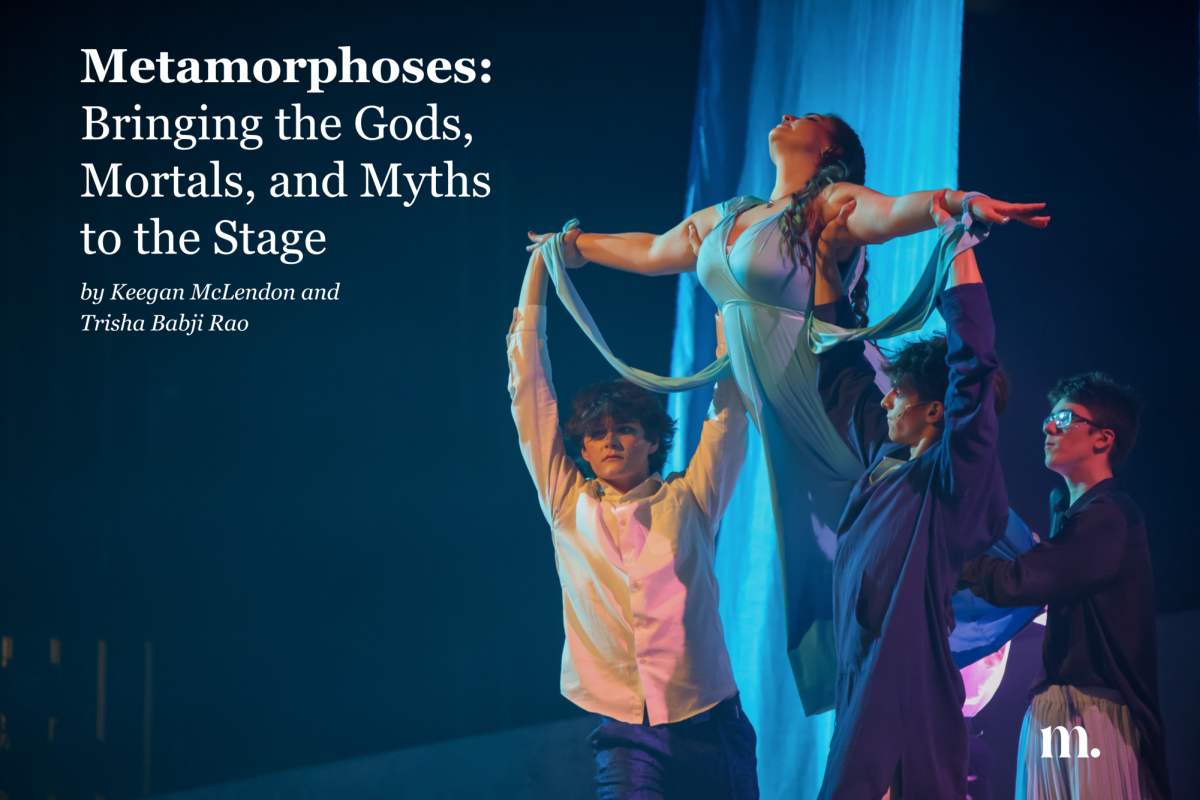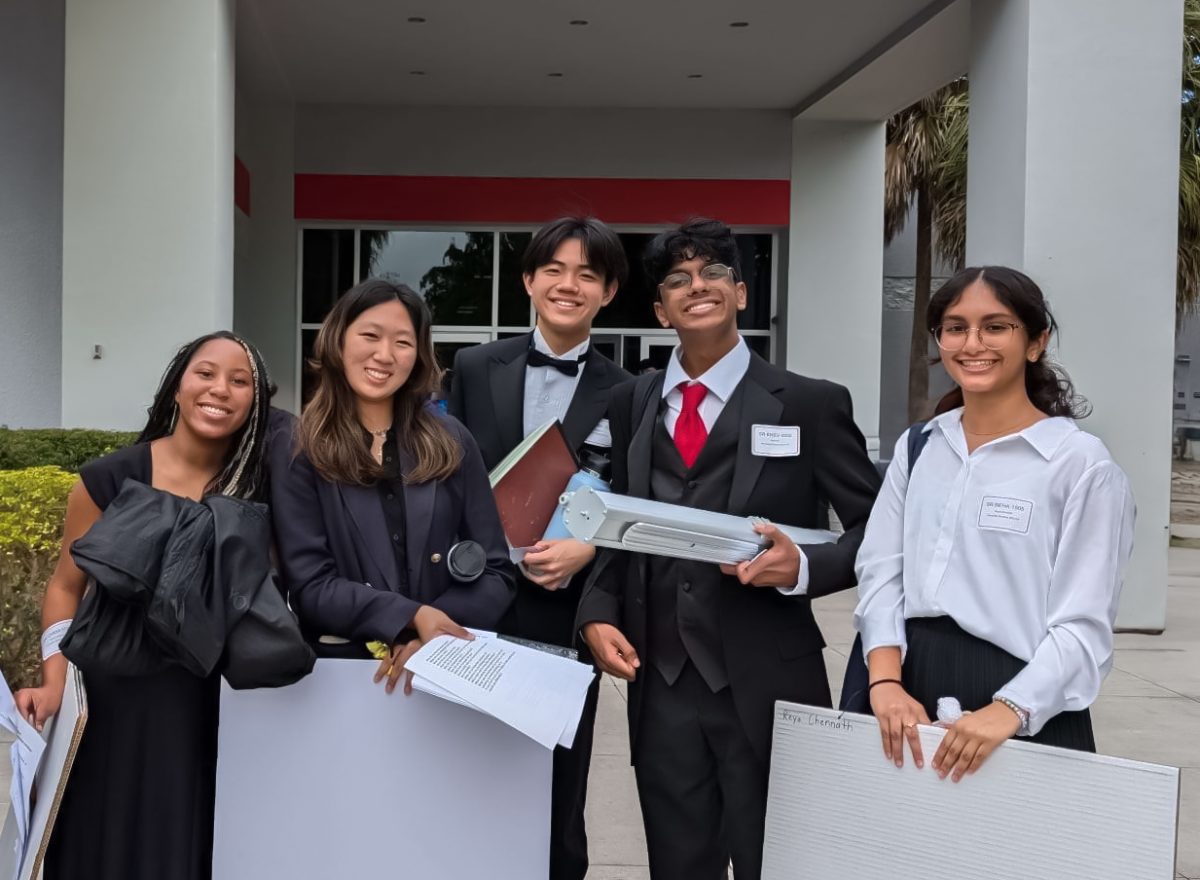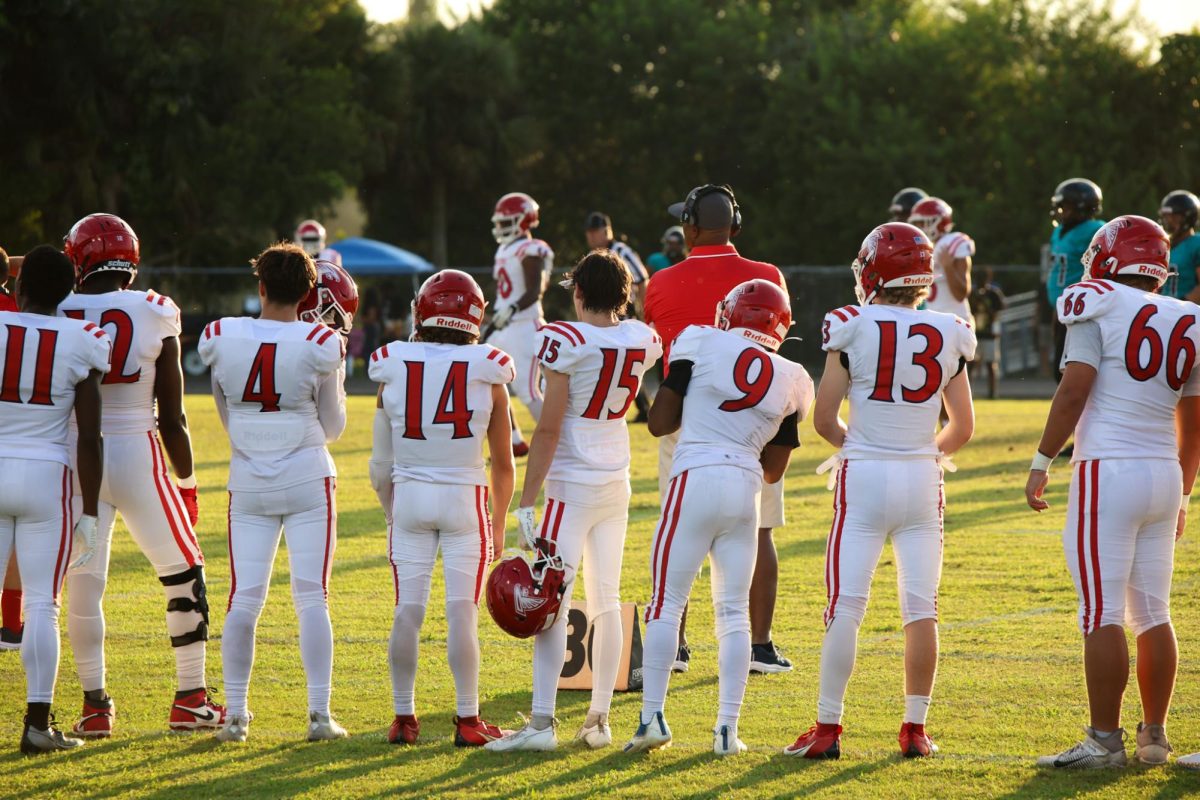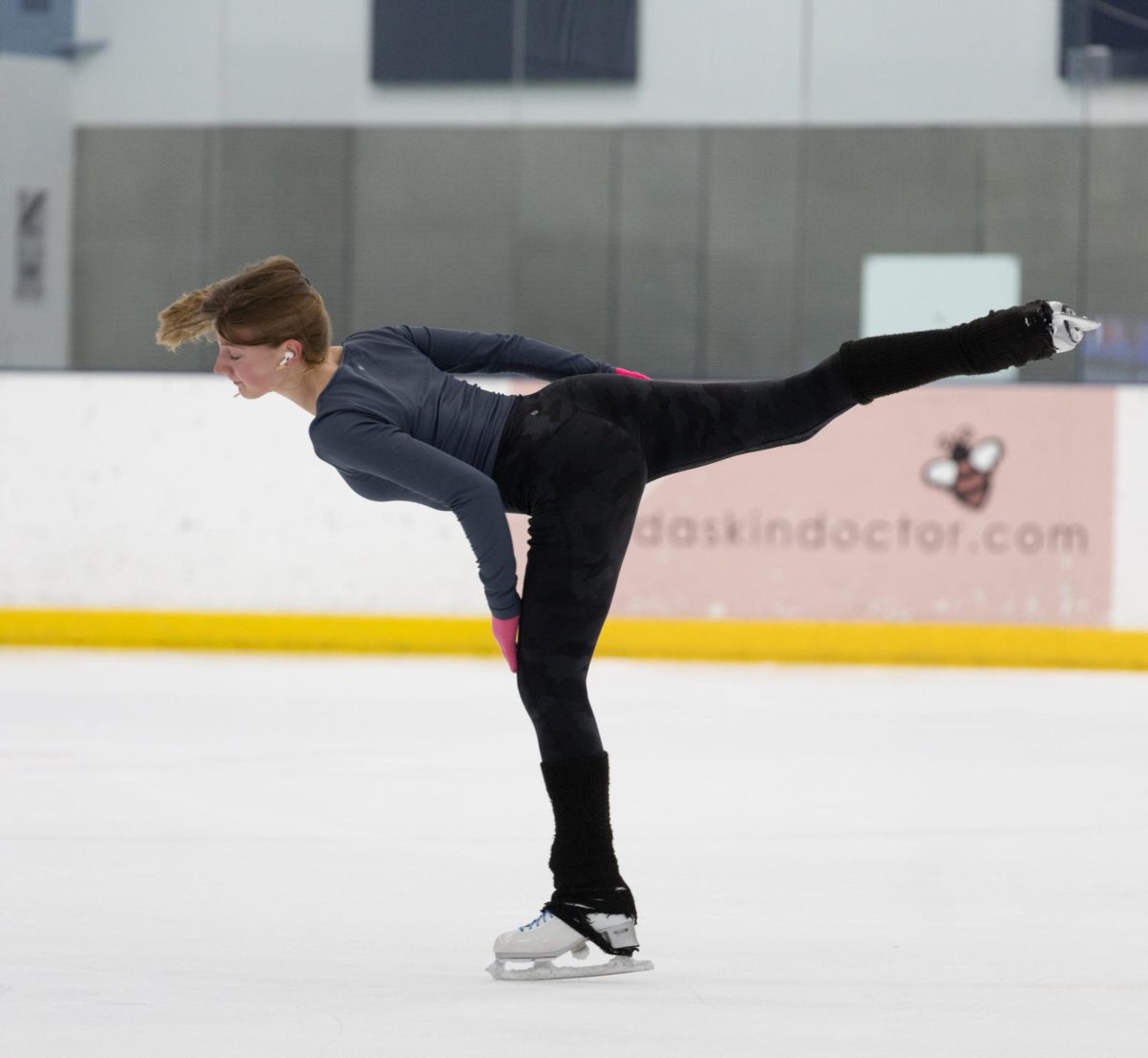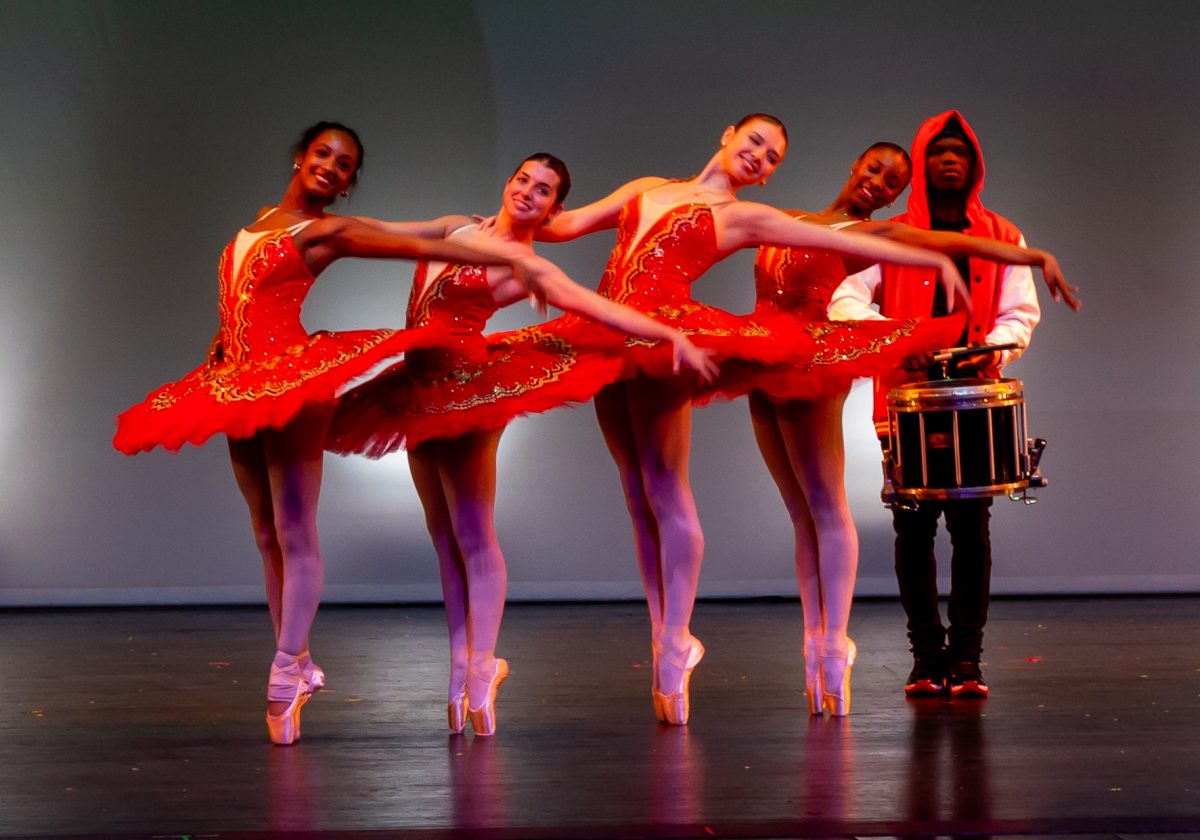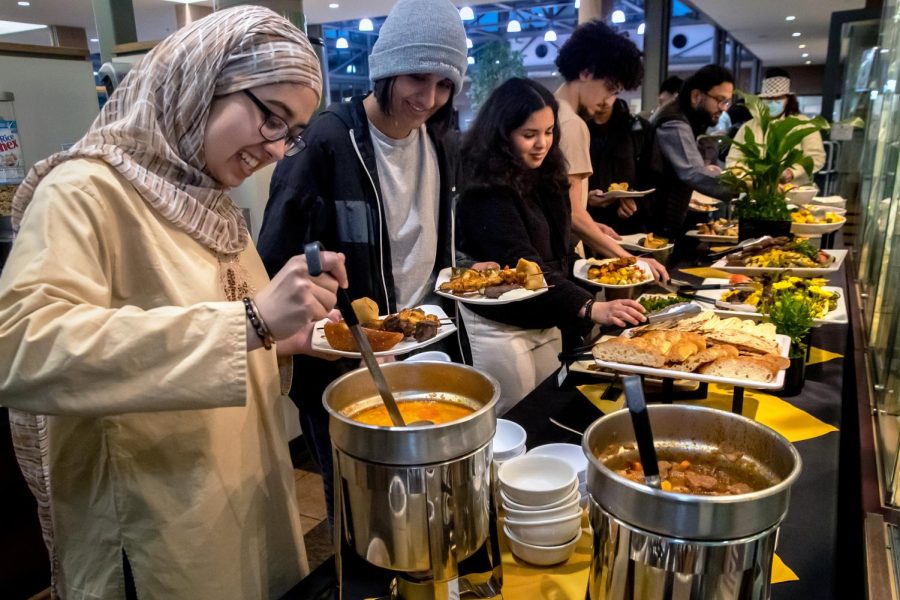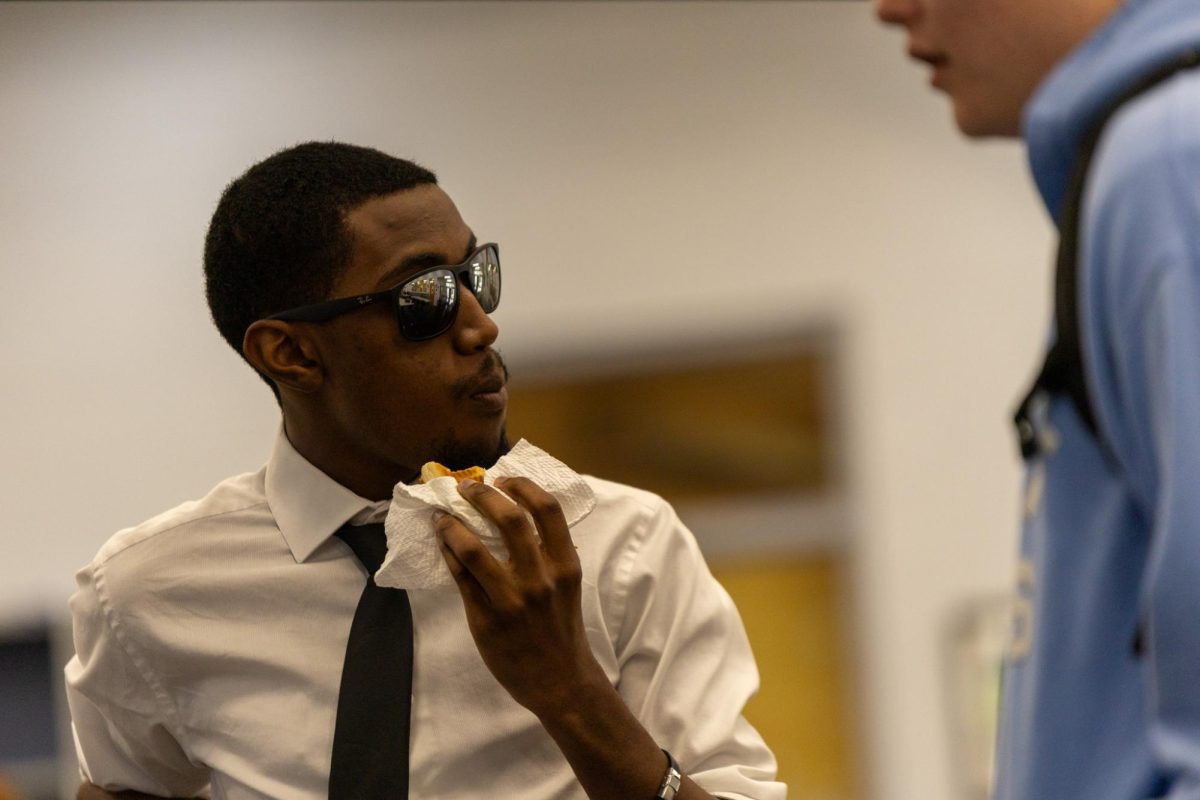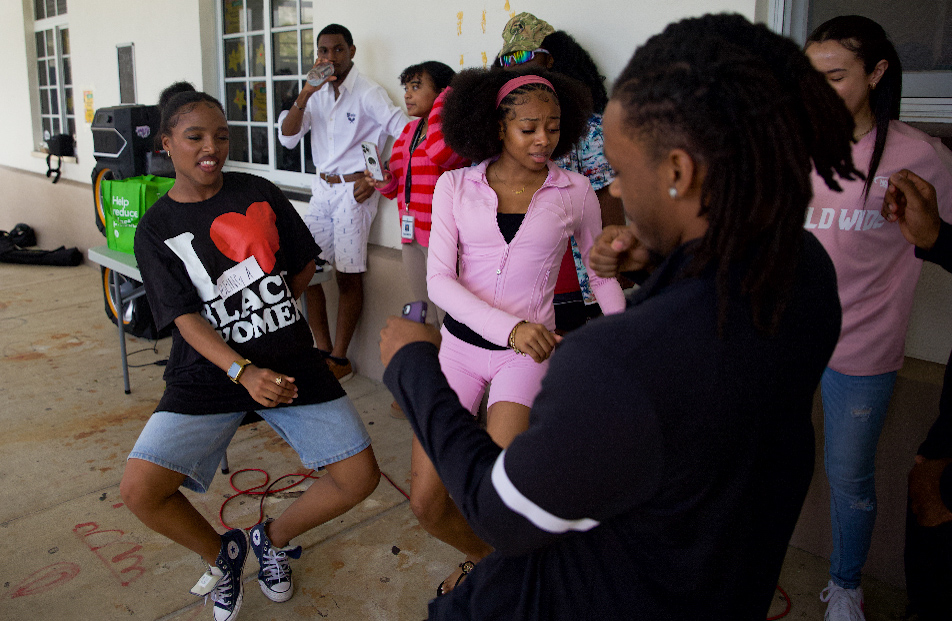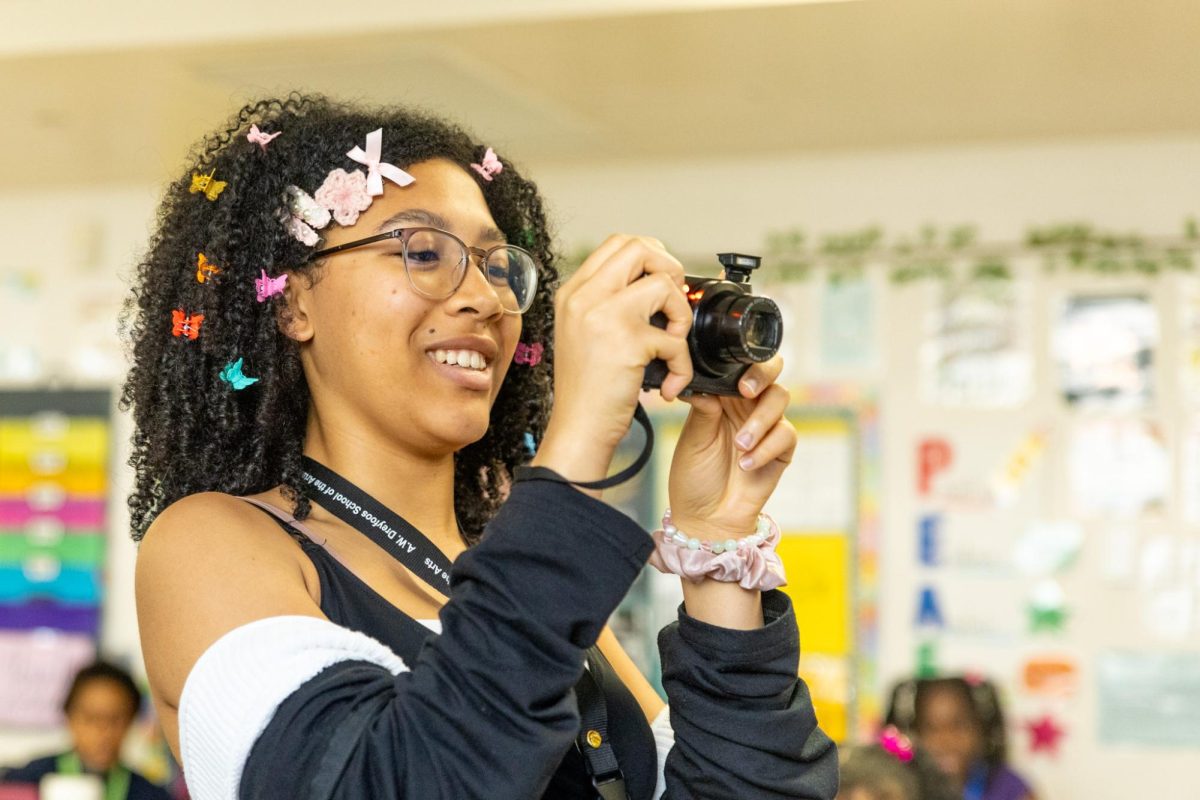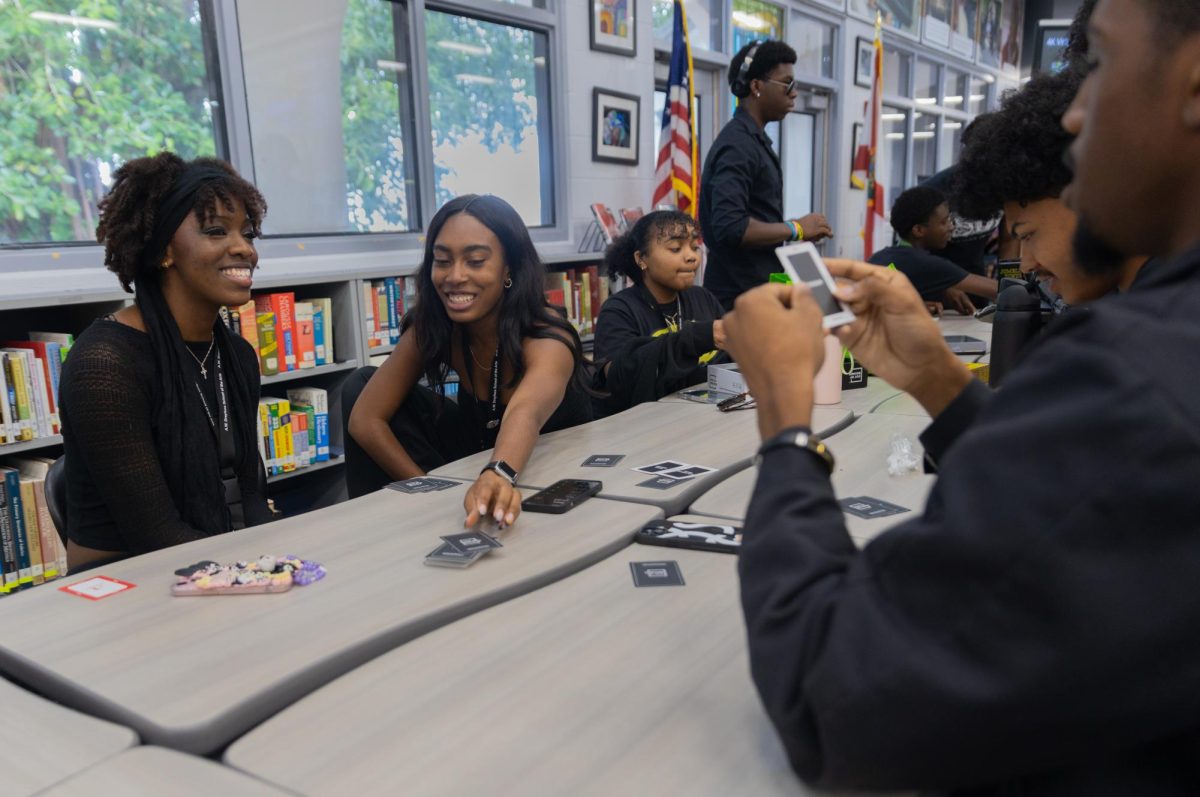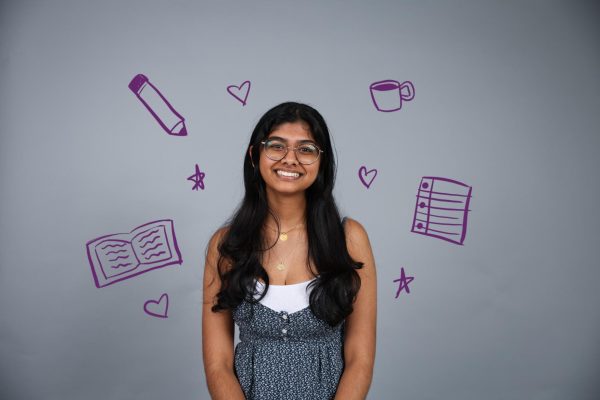The month of Ramadan is a time for Muslims to get into a “clear headspace,” helping them “restrain from bad habits or get within (themselves) and know what (they’re) doing,” as communications freshman Aiza Khan puts it. Those who fast go without food and drink from dawn until dusk, breaking their fast with “iftar,” a meal eaten after sundown, and “sehir,” a meal eaten before sunrise.
For communications sophomore Raiqa Rayhan, fasting, and Ramadan in general, helps her “get closer to Allah, (her) family, help(s) (her) learn a lot of things about (her)self. It’s a time where (she) can cut down all the negative things in (her) life.”
“The month of Ramadan is a time where I feel closer to my family,” Rayhan said. “Usually we don’t always eat dinner together, but to break our fast at sunset, we all come together, (and we) always get up together (and) eat at sunrise. I do feel closer to God. I feel like religion aside, Ramadan teaches you a lot about sacrifice and self-control.”
Ramadan is also a time for Muslims to spend less time on the negatives in their life and instead focus on reflection and introspection to improve themselves.
“I’m easily distracted by everything else that’s going on in my life,” communications senior Manha Chowdhury said. “I rarely take the time to stop and think about things that I need to improve on for myself, and once (I) start fasting, it brings a big sense of clarity. On the outside, it looks like we’re just fasting, but there’s a lot more that comes with it internally.”
During Ramadan, practicing Muslims attend their local mosques anywhere from once a week to every day. Some, like Khan, also volunteer there to get in touch with their community and feel closer to Allah.
“I volunteer at my mosque every year, and I’ve been doing it for a while now,” Khan said. “I serve people food, then I break my fast, I pray, and I see a bunch of my friends from my childhood, … and it feels rewarding.”
According to data collected in January from The Muse’s casual survey of 865 students conducted through English classes, 1% of the school’s population identify as Muslim, causing Muslim students to find community outside of school, so they have people their age they can relate to regarding their faith.
“I have specific friends that I met through going (to my mosque) and our own little volunteer group,” Khan said. “It’s nice because we see each other every day even though for the rest of the year, we don’t. It’s a nice sense of community because we can talk about religious things because sometimes at school it’s hard to find people who share those thoughts with me.”




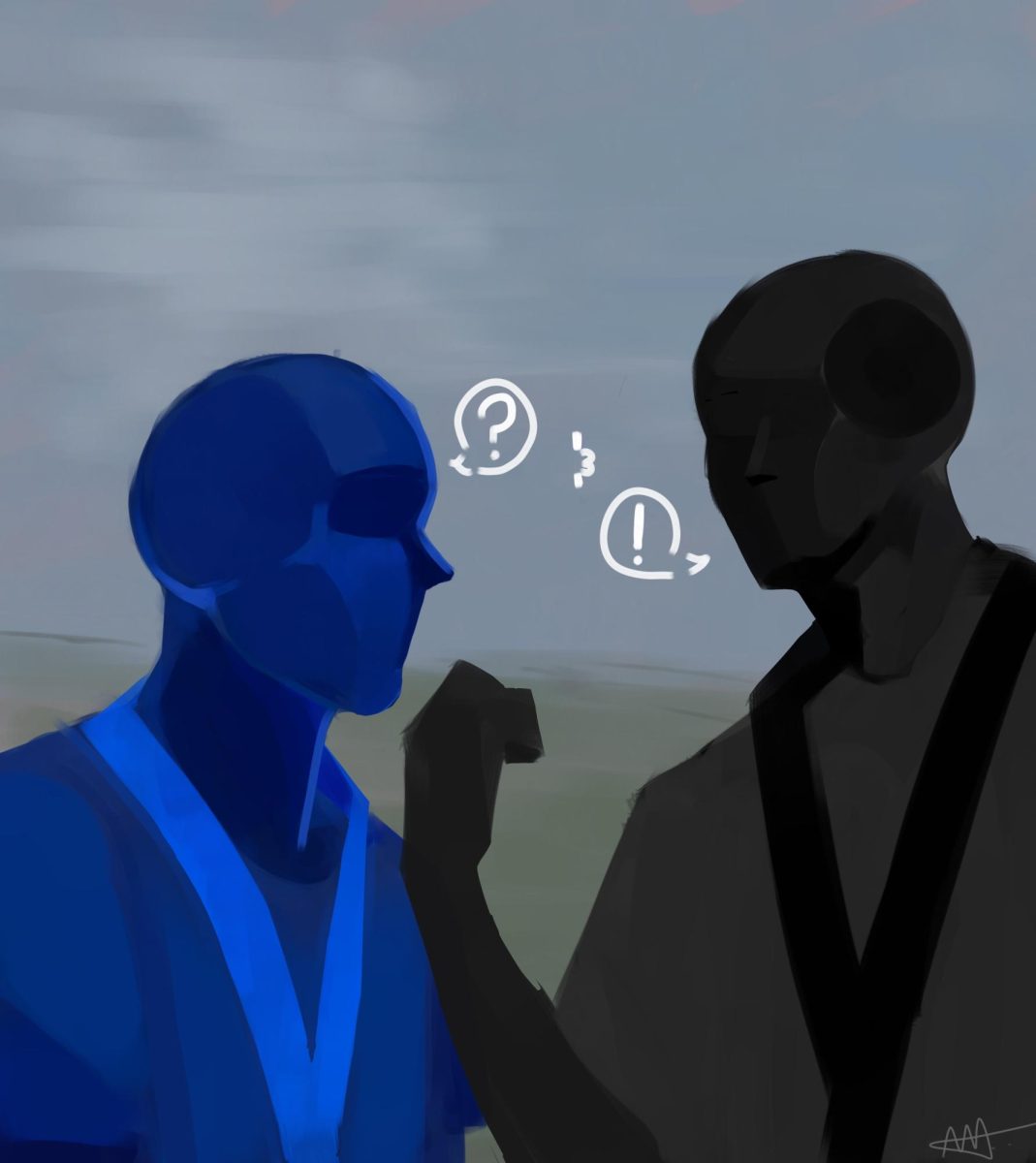
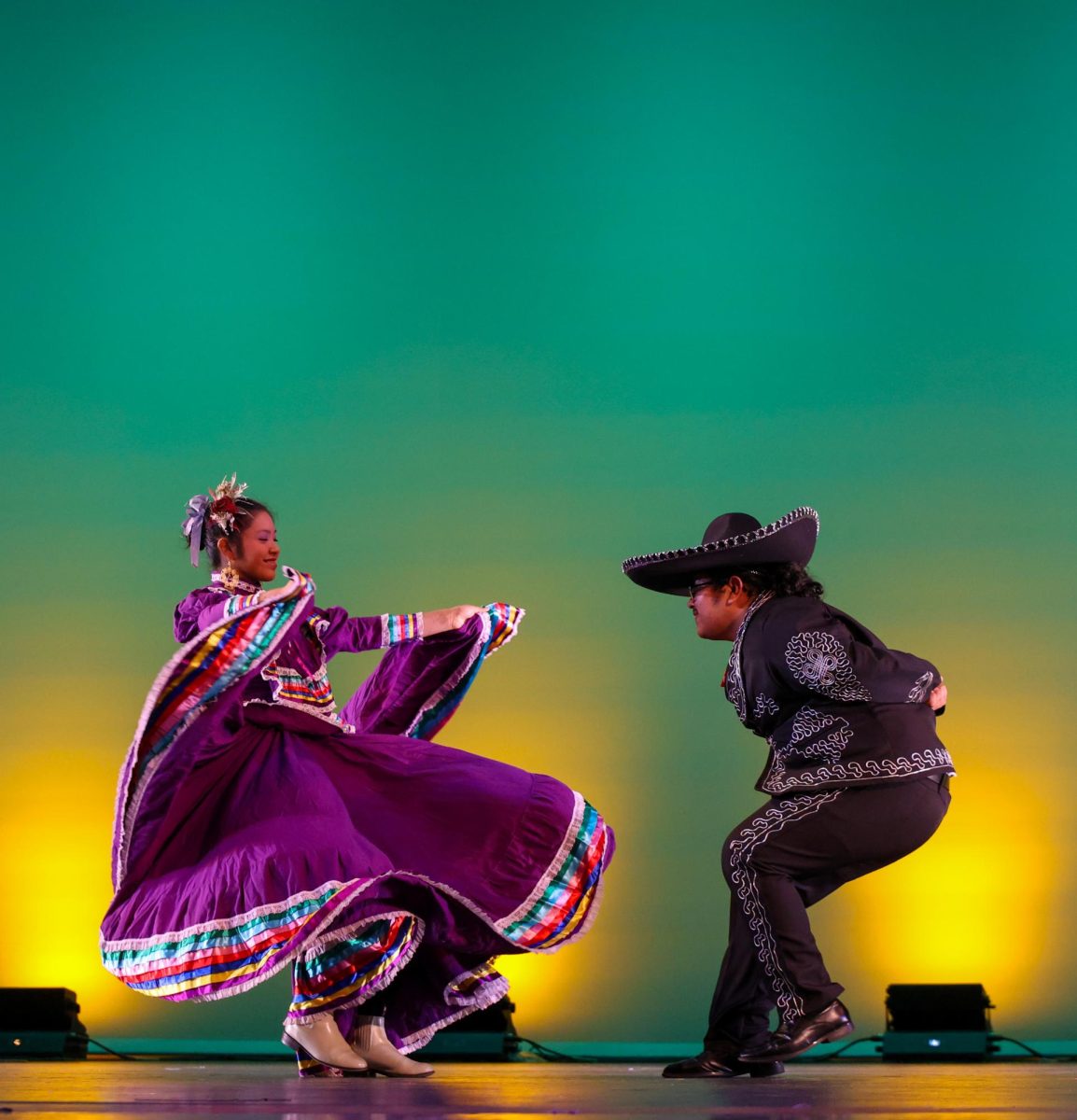
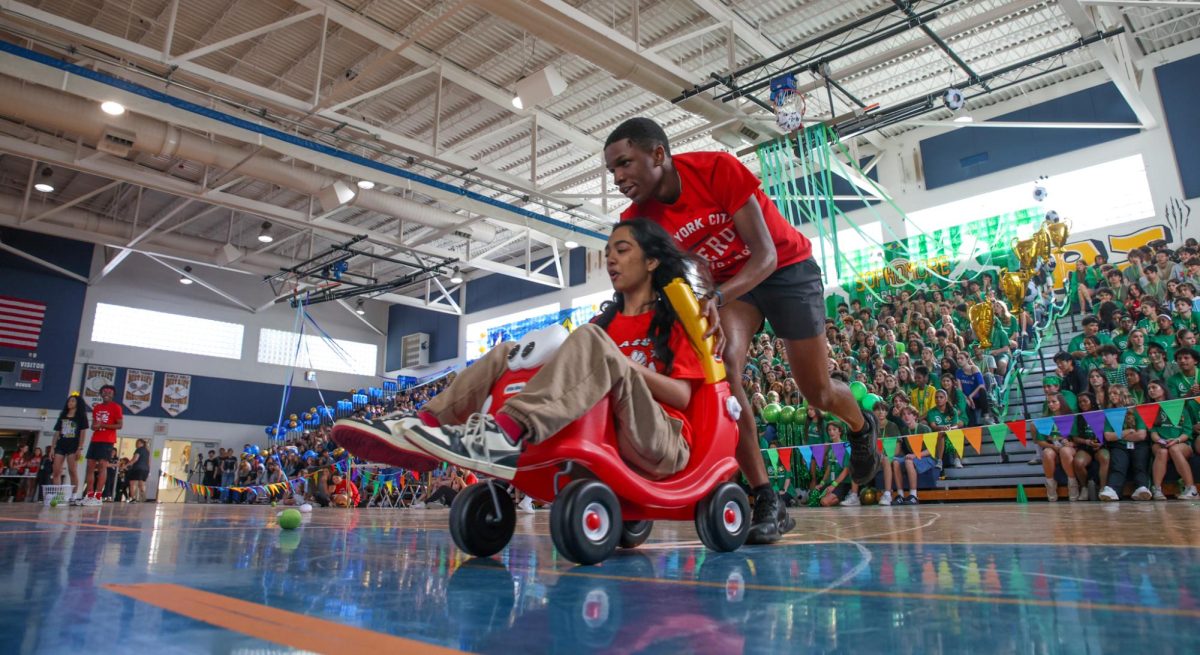

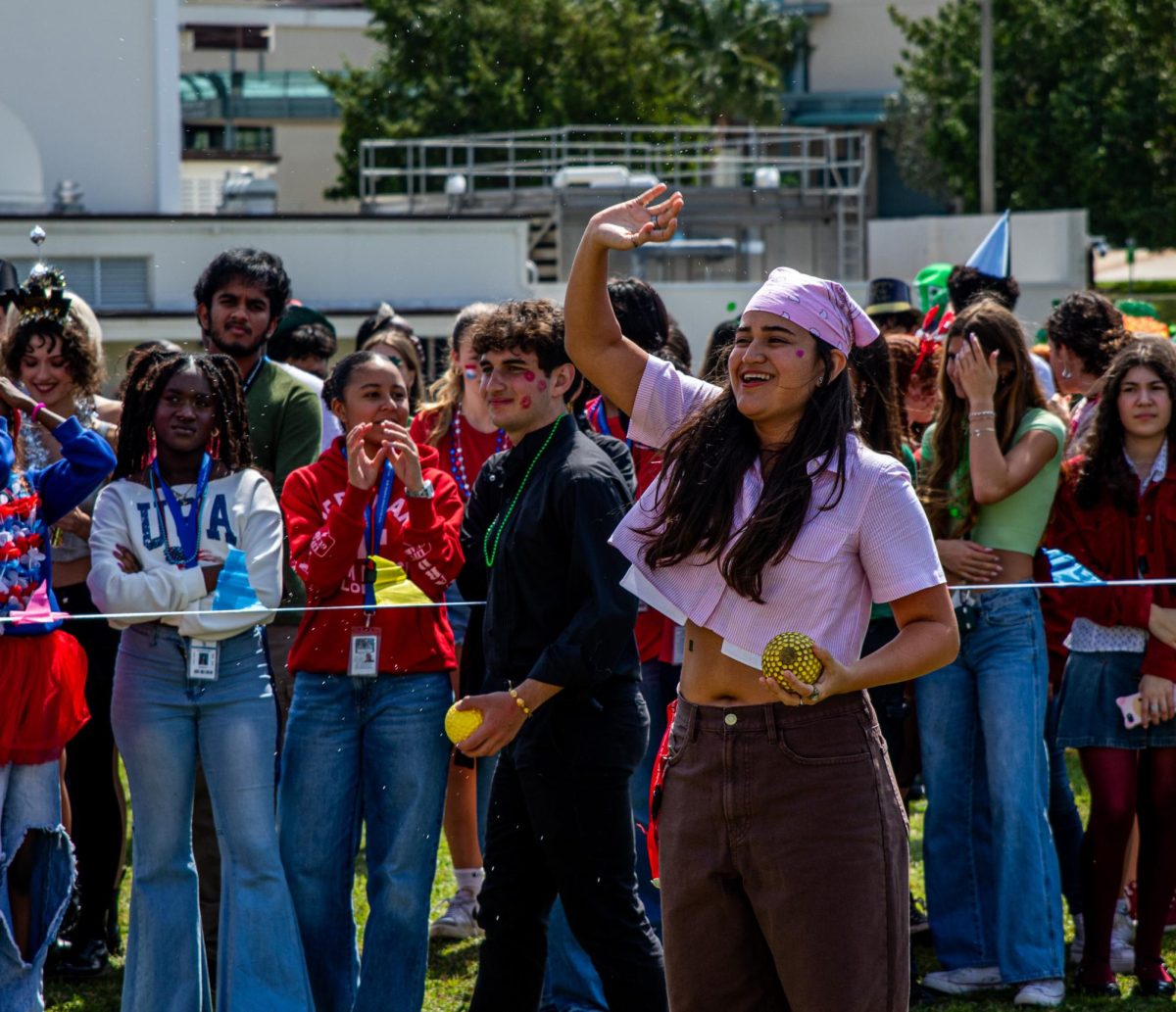
![[BRIEF] The Muse recognized as NSPA Online Pacemaker Finalist](https://www.themuseatdreyfoos.com/wp-content/uploads/2025/03/IMG_2942.jpeg)











